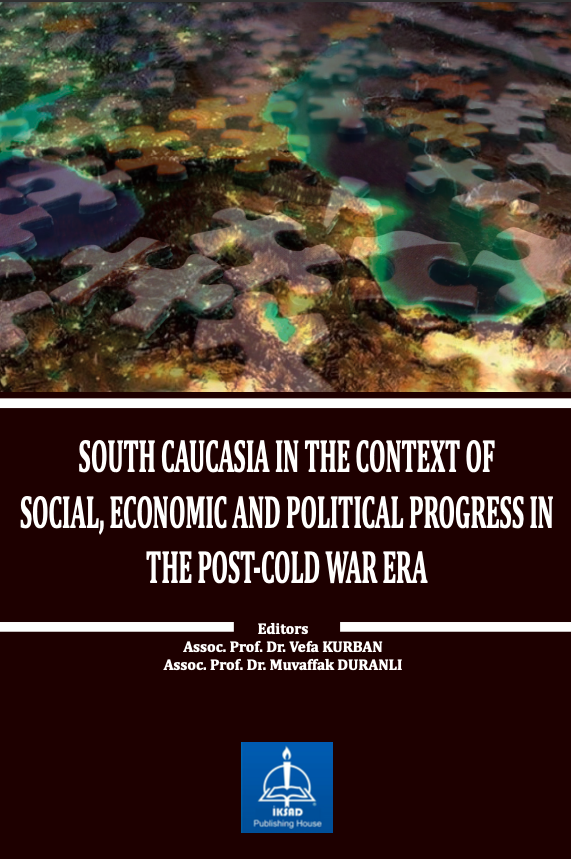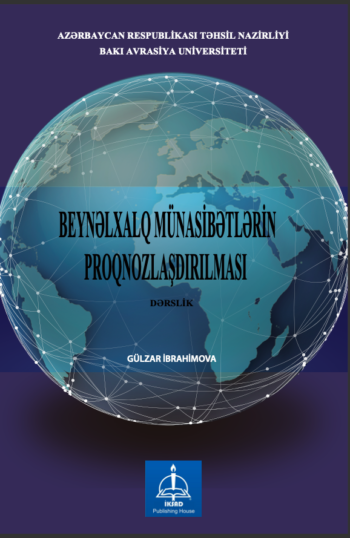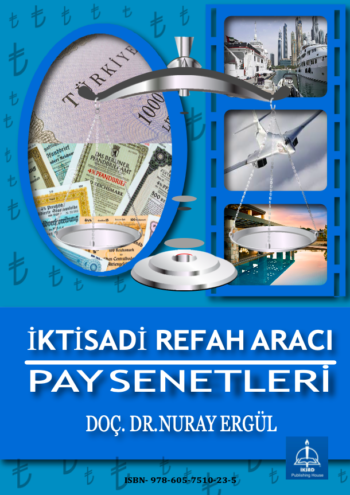The period of geopolitical tension between the two superpowers, the beginning date of which was defined as after the Second World War and lasted for approximately fifty years, is called the “cold war” in the literature. It is thought that this period came to an end following the dissolution of the Soviet Union. After the dissolution of the Soviet Union in 1991, many of the republics that formed the Union gained their independence and entered the struggle to obtain their economic and cultural sovereignty. Of course, it would not be realistic to expect the peoples who were under the influence of Soviet ideology for more than seventy years to solve all their problems in one day. By the 2020s, although important developments have been achieved in terms of independence and economic and cultural development, some problems that remained on the hush for years for some members of the former Union have flared up again.
SOUTH CAUCASIA IN THE CONTEXT OF SOCIAL, ECONOMIC AND POLITICAL PROGRESS IN THE POST-COLD WAR ERA
- EDITORS:
- ASSOC. PROF. DR. VEFA KURBAN
- ASSOC. PROF. DR. MUVAFFAK DURANLI
- AUTHORS:
- ЕЛЕНА БУТУСОВНА БЕСОЛОВА
- FUAD HUMBATOV
- НАЗИЯ МАМЕДОВА
- KHAZAR IBRAHIM
- LEYLA KAMIL GIZI SALIMOVA
- NIGAR SHIRALIZADE
- NIGAR TAHIR GIZI SULTANOVA
- SAMIR HAMIDOV
- ИГОРЬ ВЛАДИМИРОВИЧ КРЮЧКОВ
- VEFA KURBAN
- ЧИНГИЗ НИЯЗИ ОГЛЫ ИСМАИЛОВ
- ЯРОСЛАВ ВАЛЕНТИНОВИЧ ПИЛИПЧУК
- ISBN: 978-625-7562-14-0





